Circular agricultural economy is a closed-cycle production process through the application of scientific and technical advances, biotechnology, and physical and chemical technology. Waste and by-products will be recycled and returned as input materials for the farming and processing of agricultural, forestry and aquatic products to create safe, high-quality products, reduce waste, loss and minimize waste, contributing to raising people's awareness of reusing by-products in production and protecting the environment.
Therefore, circular agriculture is considered an effective solution to increase production value, contribute to environmental protection and aim for green, sustainable and effective economic development.
Recently, in Thai Nguyen province, many cooperatives in general and people in particular have successfully applied this model in agricultural production, bringing high economic efficiency.
A typical example is Phu Luong Agricultural Cooperative (On Luong Commune, Phu Luong District) with Mr. Tong Van Vien as Director, the cooperative specializes in the production and trading of tea. After more than 10 years of focusing on development, Mr. Vien now has a stable tea trading system in the market.
Currently, Phu Luong Agricultural Cooperative is applying a circular agricultural economic model in tea production, which is investing in an organic fertilizer factory that specializes in collecting agricultural by-products from local people, then composting organic microbial fertilizer. Once a stable amount of organic microbial fertilizer has been created, the Cooperative will provide it to people to develop tea plants.
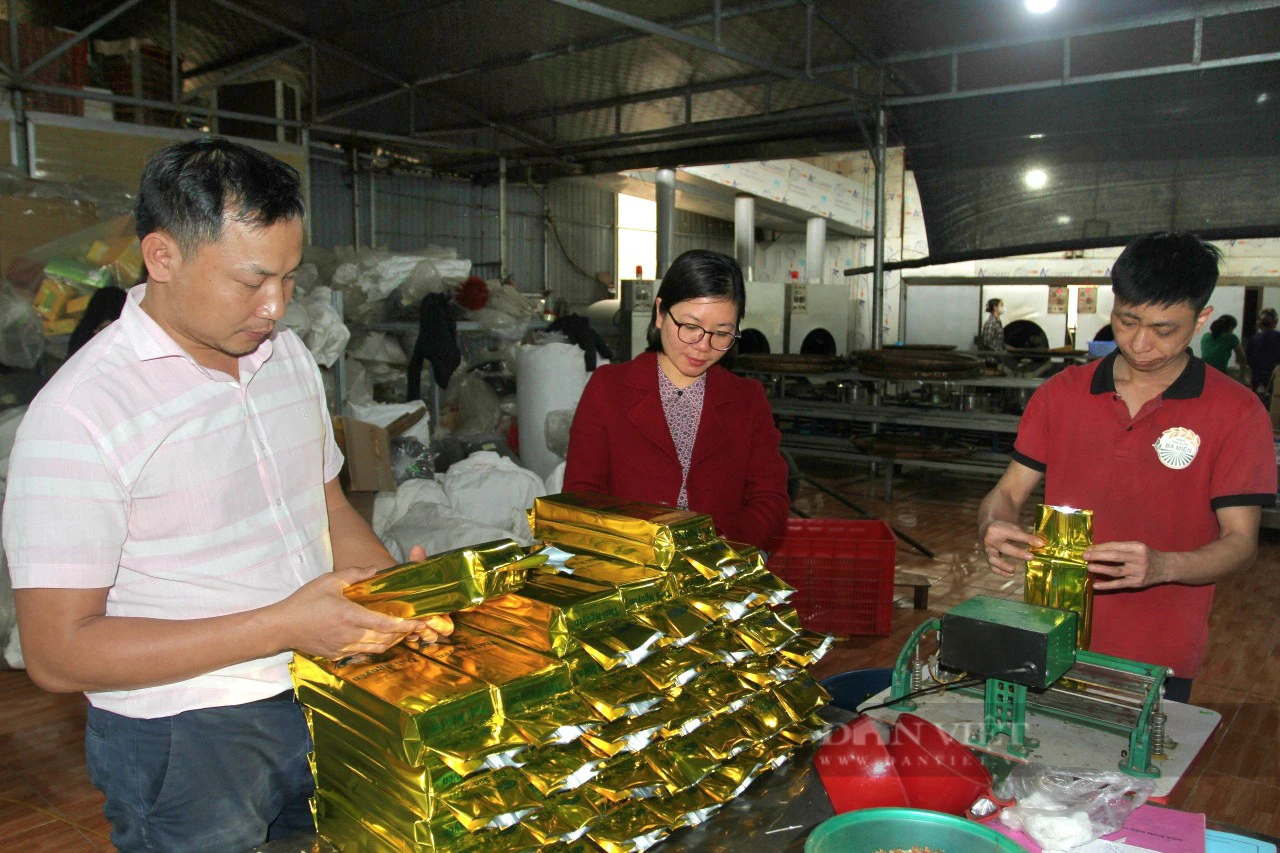
Mr. Tong Van Vien - Director of Phu Luong Agricultural Cooperative (far left) is the one who effectively developed the circular agricultural model in production to help increase the value of tea products in Thai Nguyen province. Photo: Ha Thanh
In addition, the cooperative has agricultural engineers who directly instruct people on techniques for taking care of tea plants and how to process tea to achieve the highest quality. When people's tea meets the standards and quality requirements, the cooperative will purchase and consume fresh tea products for people.
This model not only helps to maximize the use of agricultural by-products to fertilize tea plants, but also helps to improve the quality and value of tea products. Previously, the price of fresh tea in the region only fluctuated from 24,000 - 26,000 VND/kg, the highest price was 27,000 - 28,000 VND/kg, but when producing according to the set requirements, the cooperative will buy at a price of 30,000 - 38,000 VND/kg, sometimes even 40,000 VND/kg (higher than the market price).
Also in Phu Luong district, Mr. Nguyen Duc Hien's family, My Khanh hamlet, Phan Me commune, Phu Luong district is raising about 21 sika deer for antlers and reproduction.
Taking advantage of the deer manure, Mr. Hien has combined planting ginseng to use the fertilizer source to help the plants grow well, thereby significantly reducing the cost of buying fertilizer. On the contrary, Mr. Hien uses ginseng leaves as a food source for deer to help increase the resistance of deer and significantly reduce food costs.
"Realizing that this model is developing quite effectively, in the near future, I am planning to expand the scale of deer farming as well as develop the ginseng growing model on my family's garden and hills," said Mr. Hien.
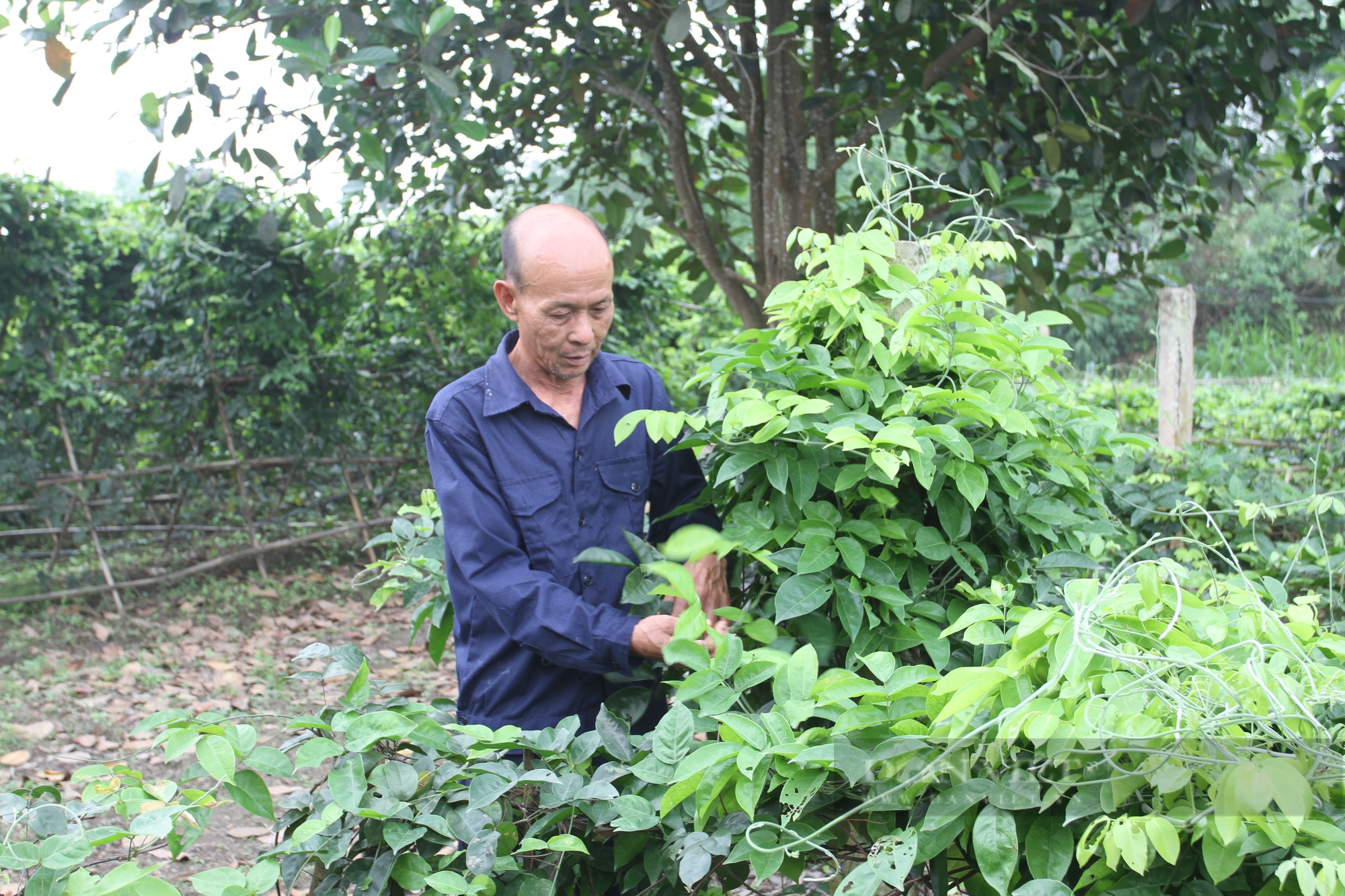
Mr. Nguyen Duc Hien, My Khanh hamlet, Phan Me commune, Phu Luong district, Thai Nguyen province, grows ginseng, using the leaves as food for deer while waiting to harvest the flowers and tubers. Photo: Ha Thanh
Similarly, Mr. Nguyen Van Tuyen - Director of Tan Phu Organic Hill Chicken Cooperative (Ca hamlet, Tan Khanh commune, Phu Binh district) is developing a model of raising meat chickens combined with egg-laying chickens on a relatively large scale.
Taking advantage of the relatively large amount of chicken manure, Mr. Tuyen has raised earthworms with this food source. Along with that, Mr. Tuyen will use earthworms to raise chickens and eels. This food source contains a lot of nutrients to help animals grow quickly, healthy, the meat quality is delicious and ensures food hygiene and safety standards. Thanks to that, the cooperative's chicken meat and chicken eggs when sold to the market have a much higher value, helping to increase the income of cooperative members.
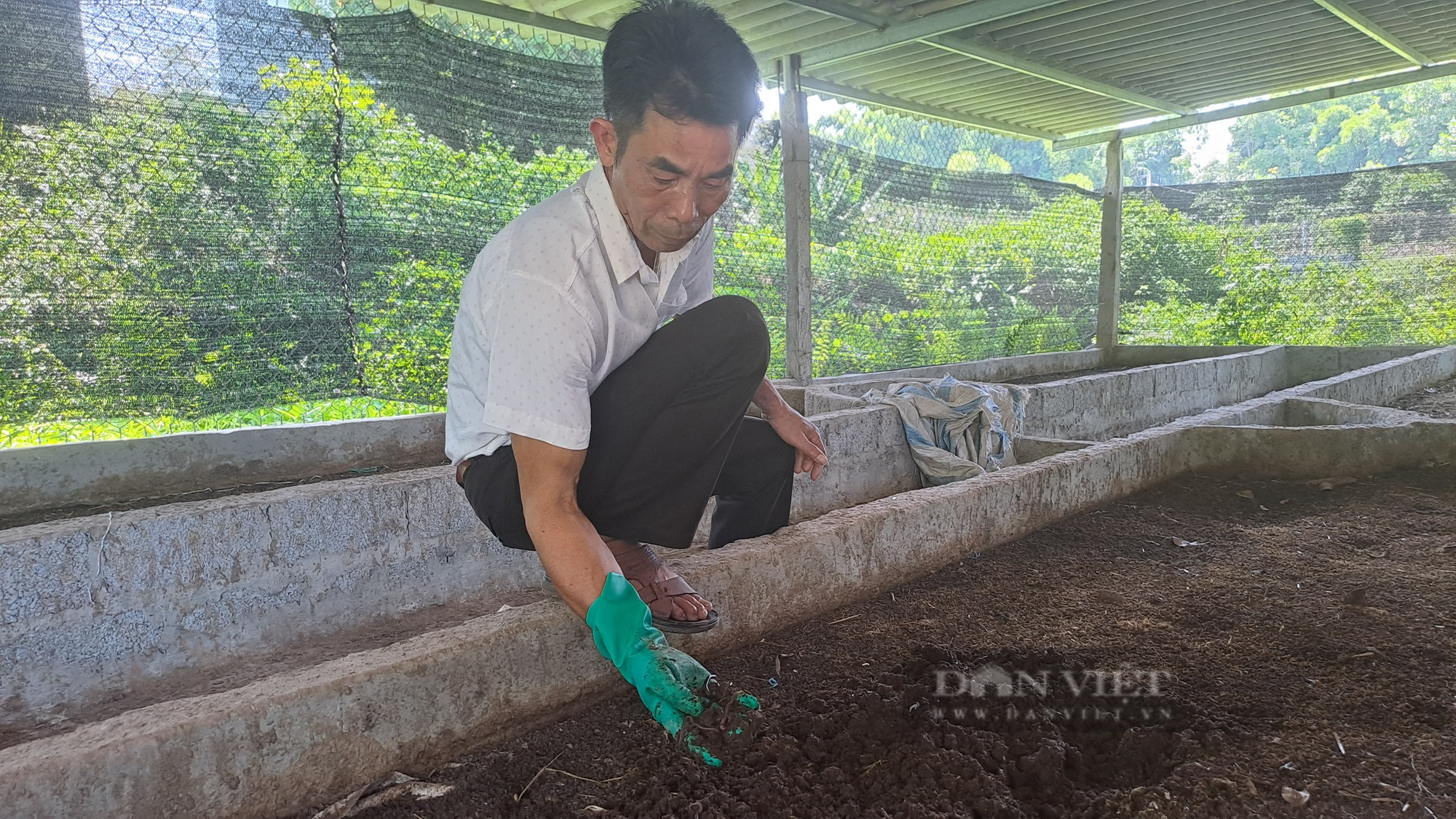
Mr. Nguyen Van Tuyen - Director of Tan Phu Organic Hill Chicken Cooperative uses chicken manure to raise earthworms and use worms as food for eels. Photo: Ha Thanh
Currently, Mr. Tuyen is raising chickens according to VietGAP standards. In the near future, he plans to raise chickens according to Vietnamese organic standards, helping to improve the living environment and significantly reduce the use of antibiotics.
Mr. Tran Nho Huong - Deputy Chief of the Office of Coordination for New Rural Development in Thai Nguyen province affirmed that the circular agricultural model has solved the problem of environmental pollution in livestock farming, contributing significantly to the implementation of environmental criteria in new rural development in Thai Nguyen province.
"Therefore, in the coming time, we will continue to provide scientific and technical support to livestock households and cooperatives to replicate the model. At the same time, there will be a mechanism to encourage livestock cooperatives to link with crop cooperatives to develop circular agriculture," said Mr. Huong.
Source




![[Photo] Prime Minister Pham Minh Chinh and Prime Minister of the Kingdom of Thailand Paetongtarn Shinawatra attend the Vietnam-Thailand Business Forum 2025](https://vphoto.vietnam.vn/thumb/1200x675/vietnam/resource/IMAGE/2025/5/16/1cdfce54d25c48a68ae6fb9204f2171a)





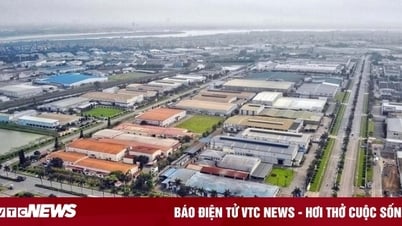

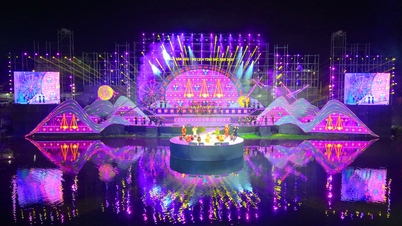

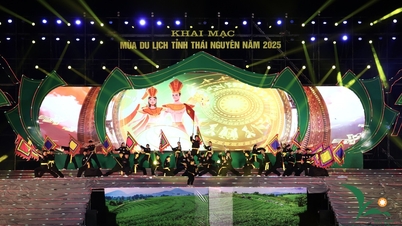

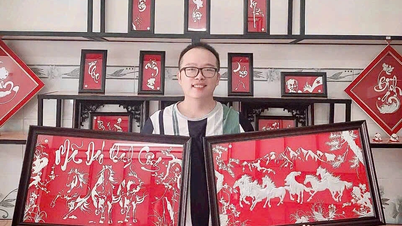



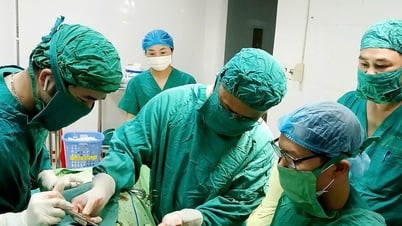

![[Photo] Many people and tourists come to the photo exhibition "Bright Name of the Person"](https://vphoto.vietnam.vn/thumb/402x226/vietnam/resource/IMAGE/2025/5/16/de2c8ad0828f4883bbdeb4f84a074a05)

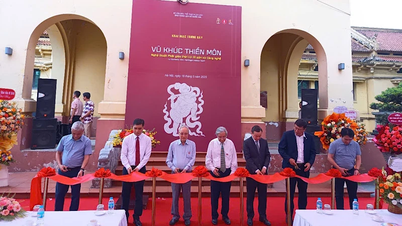
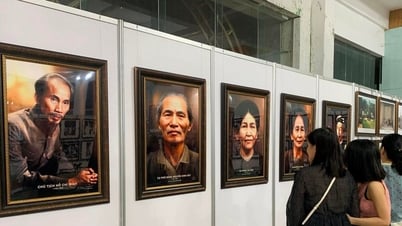

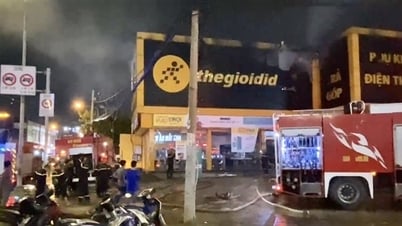







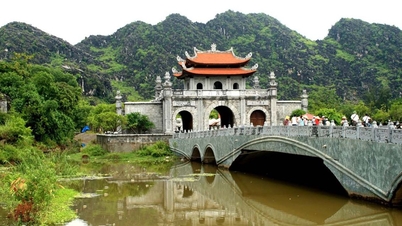
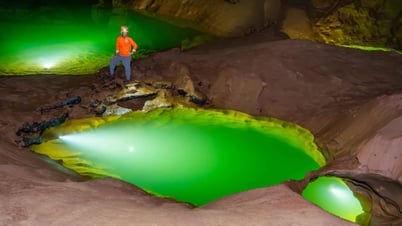
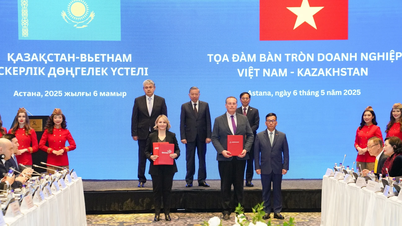

![[Photo] President Luong Cuong receives Prime Minister of the Kingdom of Thailand Paetongtarn Shinawatra](https://vphoto.vietnam.vn/thumb/1200x675/vietnam/resource/IMAGE/2025/5/16/52c73b27198a4e12bd6a903d1c218846)












































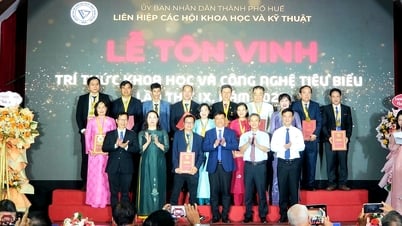

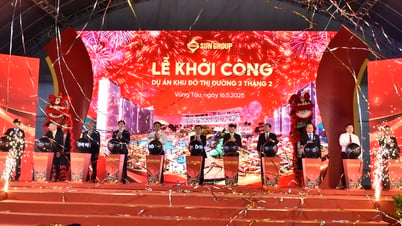

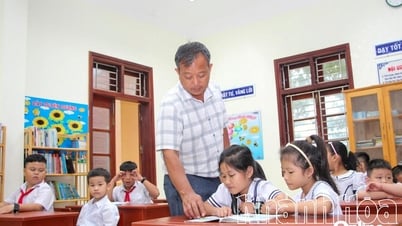

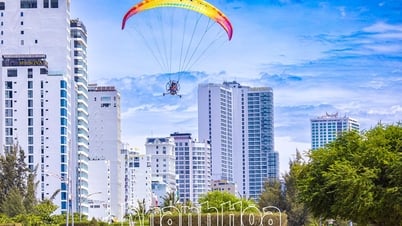









Comment (0)